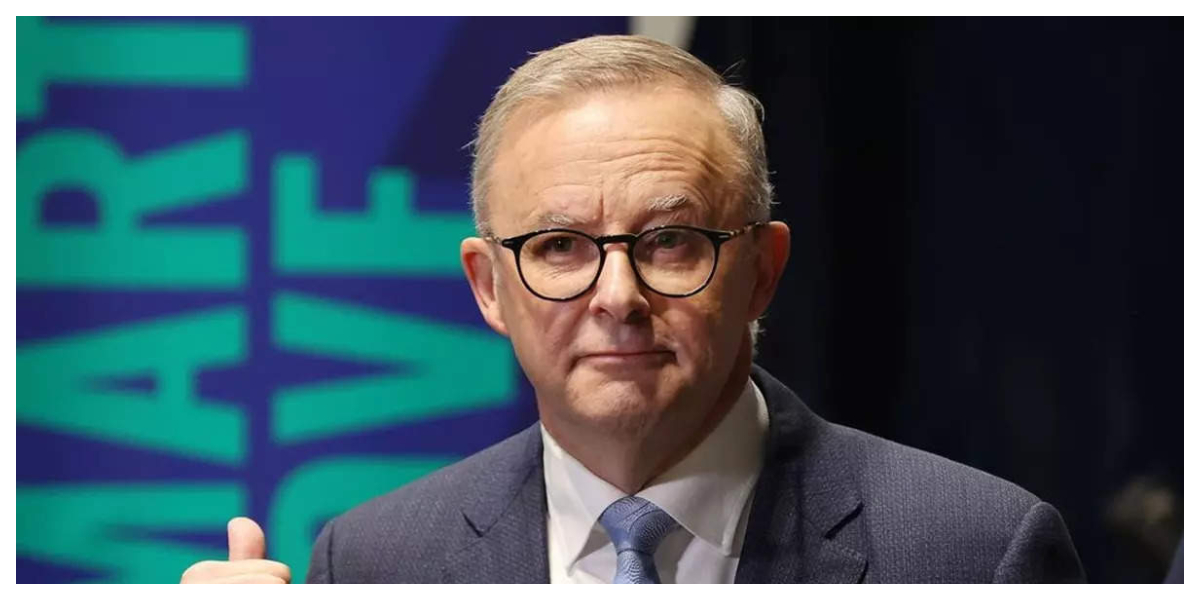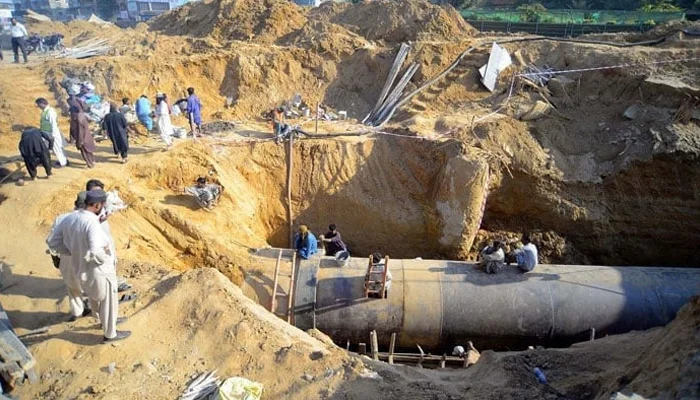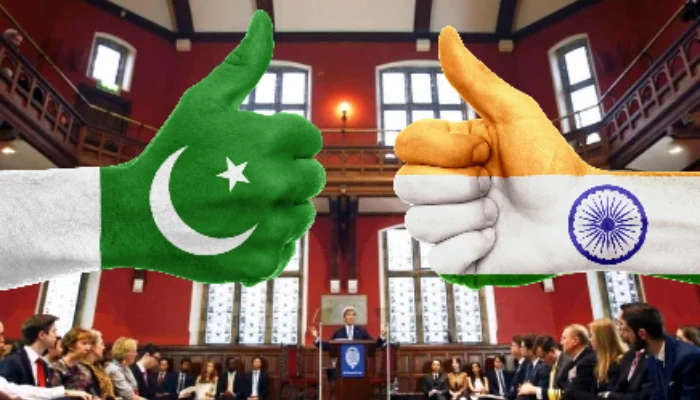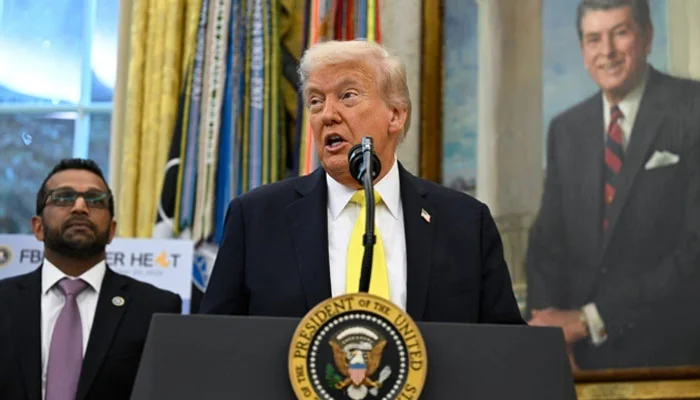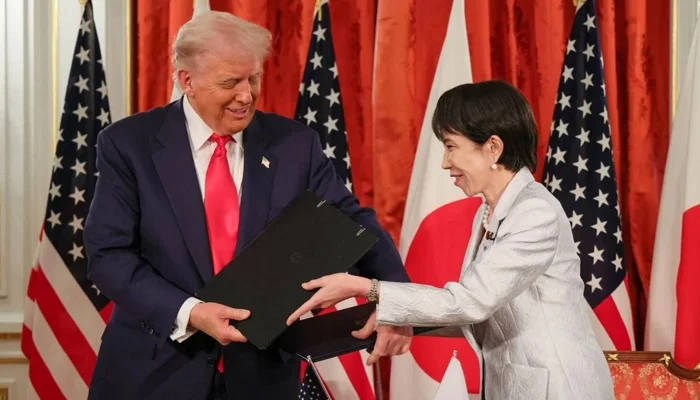- Covid leave benefits should continue through September, says chief minister of Australian Capital Territory. New South Wales premier calls for seven-day isolation period for positive Covid patients to be cut.
- Federal government wants to keep the time limit at seven days; state and territory leaders disagree. Pandemic leave payments for Covid-19 emergency pandemic leave will be extended through the end of September.
- The ACT opposed the federal government’s proposal for a 50-50 cost-sharing plan to prolong the payment to September.
Dominic Perrottet, the premier of New South Wales, had urged Anthony Albanese to explore reducing the seven-day isolation rule for positive Covid cases. However, state and territory leaders have continued to voice disagreements about the pandemic response.
The chief minister of the Australian Capital Territory, Andrew Barr, joined Perrottet on Monday in arguing that federal Covid leave benefits should be continued through the September deadline. Barr claimed the assistance should continue as long as positive patients are legally compelled to segregate.
According to Barr, it is a crucial component in assisting low-wage casual workers who lack access to sick leave with their isolation needs.
[embedpost slug=”/australias-new-pm-vows-to-reset-relations-with-france-after-submarine-row/”]
Perrottet once more advocated shortening the time spent in isolation, but other state officials and medical professionals sided with the federal government to support keeping the time limit at seven days.
Perrottet stated to 2GB radio, “We need to look into it.” “I brought up the idea of looking at shortening that period of time because Covid is not going away last week.”
We should take into account that there are shorter isolation periods in place around the world, as we can see. At a subsequent press conference, he said that Covid policies shouldn’t be set and forgotten.
However, Albanese claimed that after discussing the prospect of altering the isolation periods, the national cabinet meeting on Saturday decided that the moment was not appropriate.
The chief medical officer, Prof. [Paul] Kelly, advised against doing so, according to the prime minister. “Now is definitely not the time for that to be considered,” he added.
Health officials will continue to investigate that. However, now is not the time to amend the existing rules given the increased transmission of the Covid virus in recent times, which we’ll see continuing and is anticipated to climax over the next weeks.
At the end of 2021, Australia’s isolation period was shortened from 14 to 7 days. In contrast to the UK, which earlier this year completely abolished all such regulations, the US recommends a five-day period of isolation. On Monday, Mark Butler, the minister of health, told 6PR radio that a seven-day period was “quite common” around the world.
He stated, “At this point, our health specialists are not looking at reducing it back.” Later on, there might be a discussion.
“Now is not the time to start decreasing those defences,” the author said, “given that we are in the peak of this third Omicron wave.”
Daniel Andrews, the premier of Victoria, Peter Malinauskas, the premier of South Australia, and Barr all concurred. At some point in the future, according to Andrews, isolation periods will be eliminated, but not in the dead of winter.
[embedpost slug=”/solomon-islands-pm-meets-australian-nz-leaders-over-china-deal/”]
At Saturday’s national cabinet meeting, the pandemic payment was extended through the end of September. However, Barr said that if the support was provided “in a highly targeted way” and “subject to appropriate means testing to ensure the payment is only going to those who really need it,” it should continue for as long as Australians were required to isolate.
According to Guardian Australia’s understanding, the ACT opposed the federal government’s proposal for a 50-50 cost-sharing plan to prolong the payment to September. When asked if he was pleased with the choice, Barr responded, “Happily isn’t the first word that comes to mind.”
The realities of the circumstance, however, need a cost-sharing agreement with the commonwealth.
Following a hastily called national cabinet meeting, Australian Prime Minister Anthony Albanese declared that Covid-19 emergency pandemic leave payments will be extended through the end of September.
Following the national cabinet meeting, AMA applauds Albanese’s decision to extend payments for Covid-19 pandemic leave.
Learn more.
The choice on the isolation period, according to Anne Ruston, the shadow health minister, “must strike a balance between ensuring that people are safe and ensuring that we’re getting people back to work as quickly as possible and where it’s safe to do so.”
Jim Chalmers, the treasurer, claimed that the government had been “flexible” in restoring the pandemic payments and left the door open to additional extensions.
He stated, “We’ve prolonged it to the end of September. “We believe that is about correct. But I believe what we’ve demonstrated is our ability to appropriately react to health advice as it changes.
Any discussion about shortening isolation times during the winter wave, according to Prof. Alexandra Martiniuk, an epidemiologist at the University of Sydney, is premature. To determine how long people were contagious, she claimed that further information on the new Covid variations was required.
She said, “Let’s get through this wave and then evaluate the evidence.”
“If it happens to be a shorter period, then there is excellent reason to shorten it,” says the researcher. “We’ll need good evidence around new variations, the virus shedding.” If the goal is to extend it to five or six days, you will be releasing an increasing number of contagious individuals.
We need your help with a simple favour. Every day, millions of people look to the Guardian for unbiased, high-quality news, and we now receive financial support from readers in 180 different nations.
We think everyone should have access to information that is based on facts and science, as well as analysis that is grounded in authority and integrity. Because of this, we took a different tack and decided to keep our reporting accessible to all readers, regardless of their location or financial situation. More people will be better informed, united, and motivated to take significant action as a result.
A worldwide news organisation that seeks the truth, like the Guardian, is crucial in these dangerous times. We are unique in that our journalism is free from commercial and political influence because we don’t have shareholders or billionaire owners. Our independence enables us to fearlessly look into, confront, and expose people in power at a time when it’s never been more crucial.

